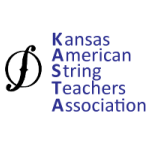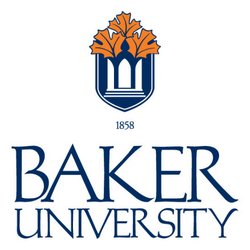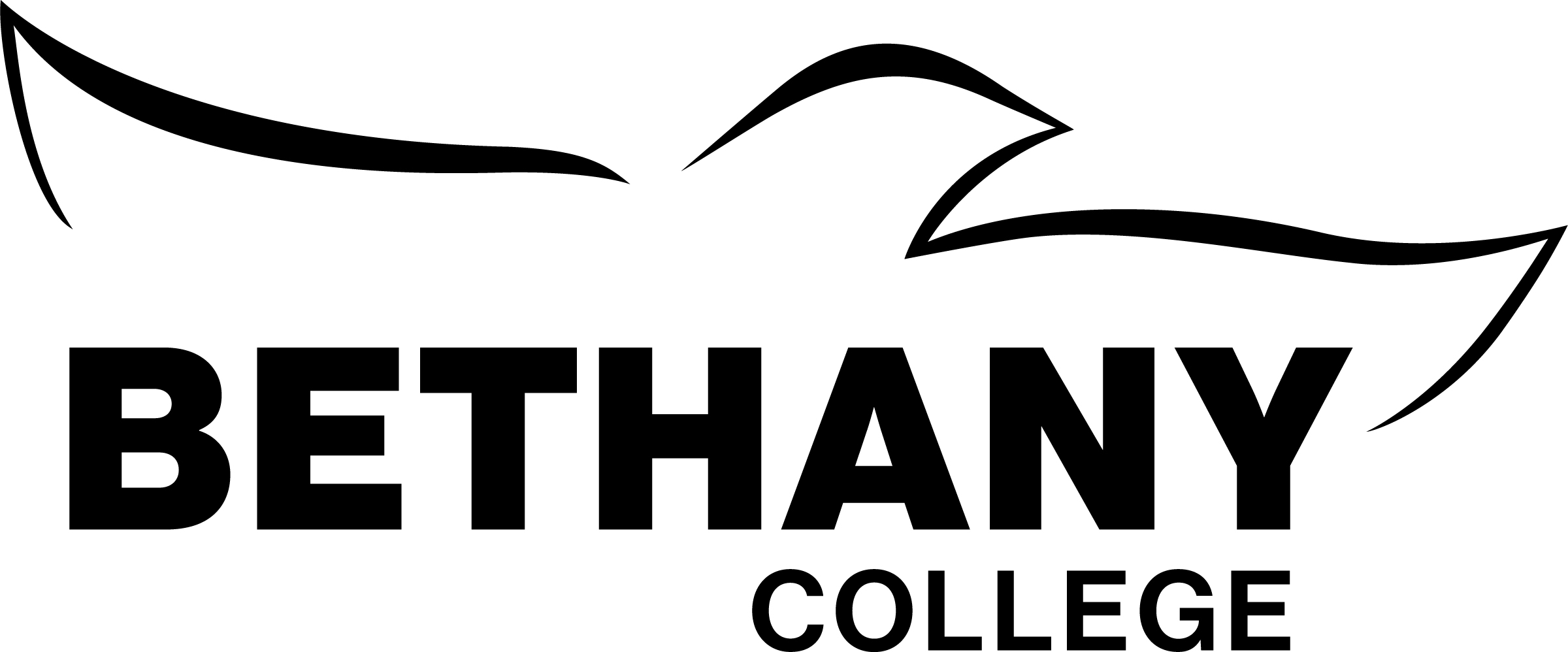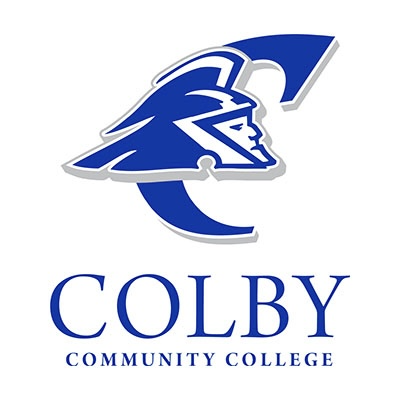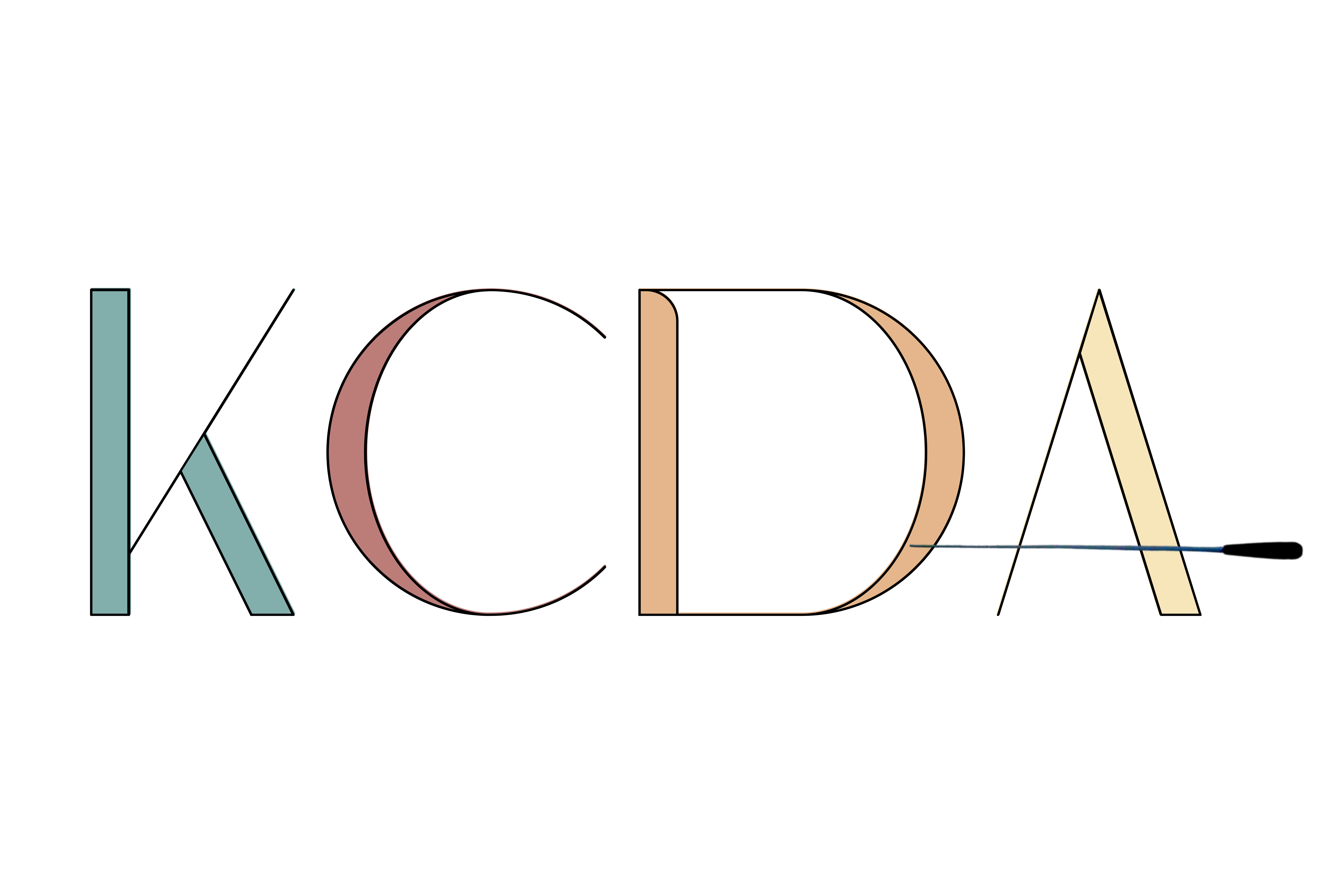By MJ Robinson
They say hindsight is 2020. The phrase is popular, but maybe not the definition. In short, it means that when you look back on the past, you know exactly what you SHOULD have done but not in that particular moment. The year 2020 is shaping up to be one that many of us want to bring to a close and never look back. In the wake of the global pandemic, we have been forced out of our comfort zones as band directors and have had to reinvent the wheel. With the close of the 2019–2020 school year, we can now look forward to what lies ahead. However, it is truly the unknown in front of us.
We have many unanswered questions regarding the upcoming academic year: What is my schedule going to look like? Will I start the year in person or virtually? How will I manage shared/school-owned instruments? How do I recruit without being able to access all schools? How will social distancing effect rehearsals and performances? How do I teach wind instruments when we are required to wear masks?
There are so many questions when we think about what lies ahead of us. It is so easy to get bogged down in the wormhole of uncertainty and become overwhelmed with a sense of hopelessness. But how is that going to serve our students, communities, or ourselves? Instead of focusing on the challenges that await us in a negative light, we must approach every day as an opportunity to problem-solve. We must be a part of shaping the future of music education rather than a victim of the situation.
Innovation
What an amazing opportunity we have to be innovative and creative. For any educator who has become complacent, burned out, or frustrated with the non-musical aspects of what the job requires, this is a chance for us to press the reset button and approach the coming year as if it is our first year of teaching. It is essentially our first year of teaching due to the circumstances. We are all first-year teachers and should tackle the coming year with that same wide-eyed enthusiasm we did “X” amount of years ago. We felt like we could change the world then, and we can . . . now.
Fix What Is Broken
If you ever wanted to change something about your program, now is the chance to do it. Your administration and the powers that be may feel that now is not the time to change larger things like scheduling, funding, etc. After all, they are more concerned about class sizes to ensure safety at this point. So fix things internally that you feel are not working.
The two easiest things to focus on internally are the culture of your program and your personal execution of pedagogy. Use any and all the technology available to you to communicate with the students and build relationships. Share resources with your students. Have them share what their virtual interests are. Create a safe and nurturing online classroom where students can share ideas, applications, and creations. There are probably a ton of concepts you feel as though you could teach more effectively if you researched them a bit more. You have time now to investigate methods for teaching concepts more effectively and a variety of resources to do it.
B+ is More Than a Blood Type
Everyone’s world is being turned upside down: parents, students, administration. It’s a brave new world, so embrace it instead of running from it.
I think of the evenings I have spent with my 6-year-old son as we try to wind down from a hectic day of balancing homeschool, band director mommy, household chores, etc. We do something calm like put together a jigsaw puzzle to settle down before bed. This is an activity that, in my opinion, requires a plan of attack to reset my emotional son. I can’t just throw the pieces out of the floor or table and say, “Make them fit and make a picture.” He would lose his mind! We start by turning all the pieces picture side up, then work from the border pieces inward. So when the last piece is placed, it is a calm sense of achievement.
So many challenges face us ahead. We can worry and panic over the unknown, but that is a waste of time. Why worry over something that hasn’t happened yet? What we do know is that we will be teaching students. It is our responsibility as the teacher (the adult) to be positive about the prospect of doing things differently. Be positive about using technology in the classroom. Be positive about incorporating supplemental activities, music history, music theory, or whatever else we say that “we don’t have time to fit into our rehearsals.” Be positive about being able to physically see students and teach again.
Get Out Your Pom-Poms
It’s time to be a cheerleader, a champion, an advocate for your students and your program. Due to the school closures and suspension of state testing this year, many legislators and administrators will be concentrating their energies and resources in remediation of “core” subjects. But we know how vitally important the arts are in the shaping and development of the whole student, so I will not insert my soapbox here.
We have remediation just like all the other subjects. In many aspects, ours will be much more difficult because of the physical nature of playing a musical instrument. We will have to condition muscles again, as well as brush the dust off of the brain cells that have not fired on a music theory problem in months. Our remediation is physical and mental. So collect the data needed and be prepared to [positively] advocate for your schedule and numbers.
Wonder Taught Us a Very Valuable Lesson
I made the mistake of watching the movie Wonder when I was home on maternity leave with my daughter. I am so glad that it was just the two of us at home that day because my ugly cry was not something people needed to experience. It was bad. If you are not familiar with the book or movie, it tells the story of a little boy who is born with a facial deformation and his transition into public school from homeschool. He teaches those around him the importance of a simple little word . . . kindness—a small word, concept, and compassionate act that can make a huge impact to those around us.
In navigating the coming school year and whatever our new normal looks like, we absolutely must be kind.
- Kind to each other: We are all reinventing how we teach and facing our own challenges.
- Kind to our students: They haven’t “played school” in the traditional sense in months and are quite possibly just as scared as we are. Some of them may not have had a very positive home experience during this time.
- Kind to our administrators: Principals are trying to do what is best for their teachers, staff, students, and communities while also getting mandates from boards of education and legislative bodies. The stress is real.
- Kind to our students’ families: They have been tasked with being uncertified, unsupervised educators on top of being parents, spouses, and working citizens in an unstable and uncertain world. They are scared, frustrated, and exhausted.
- Kind to ourselves: We are all exhausted from navigating distance learning, or whatever your district has called it. Take care of yourself mentally and physically in order to be able to navigate the uncharted waters ahead.
These are uncertain times, but also exciting opportunities if we look toward the future with hope and optimism.
About the author:
MJ Robinson is the band director at Alston Middle School in Summerville, South Carolina. She holds a Bachelor’s Degree in Music Education from Murray State University and a Masters of Music Education from Boston University. Mrs. Robinson has served as a music educator for 15 years at the elementary, secondary, and collegiate levels in both Tennessee and South Carolina. Mrs. Robinson is a published author and clinician on topics such as culture-building in the band room, advice for beginning teachers, and the job application process. Mrs. Robinson’s professional affiliations include the National Associate for Music Education (NAfME), South Carolina Band Directors’ Association (SCBDA), South Carolina Music Educators Association (SCMEA), and Women Band Directors International (WBDI).
This article was edited by Lori Schwartz Reichl. Visit her at Making Key Changes.
The National Association for Music Education (NAfME) provides a number of forums for the sharing of information and opinion, including blogs and postings on our website, articles and columns in our magazines and journals, and postings to our Amplify member portal. Unless specifically noted, the views expressed in these media do not necessarily represent the policy or views of the Association, its officers, or its employees.
Catherina Hurlburt, Marketing Communications Manager. July 14, 2020. © National Association for Music Education (NAfME.org)




